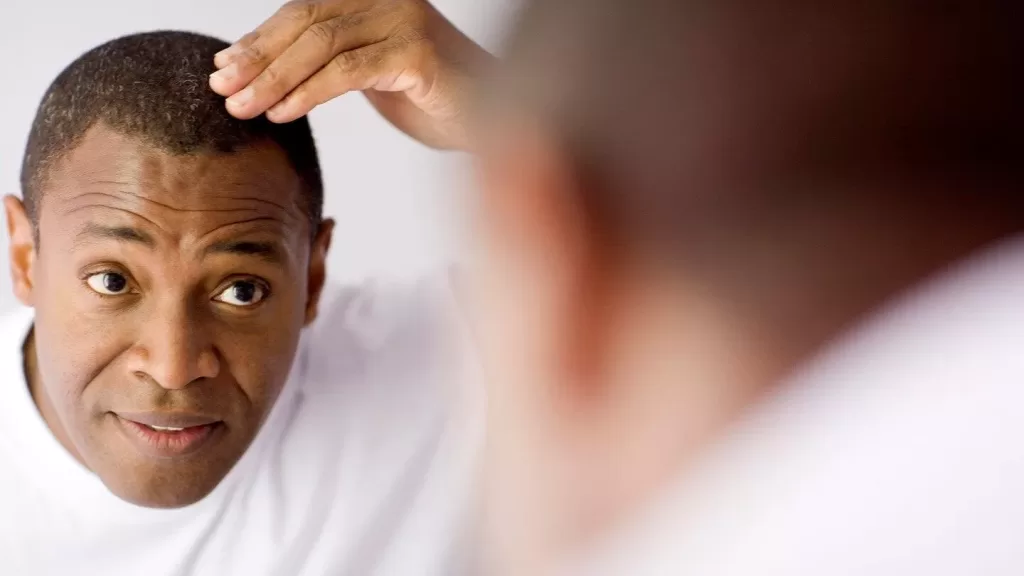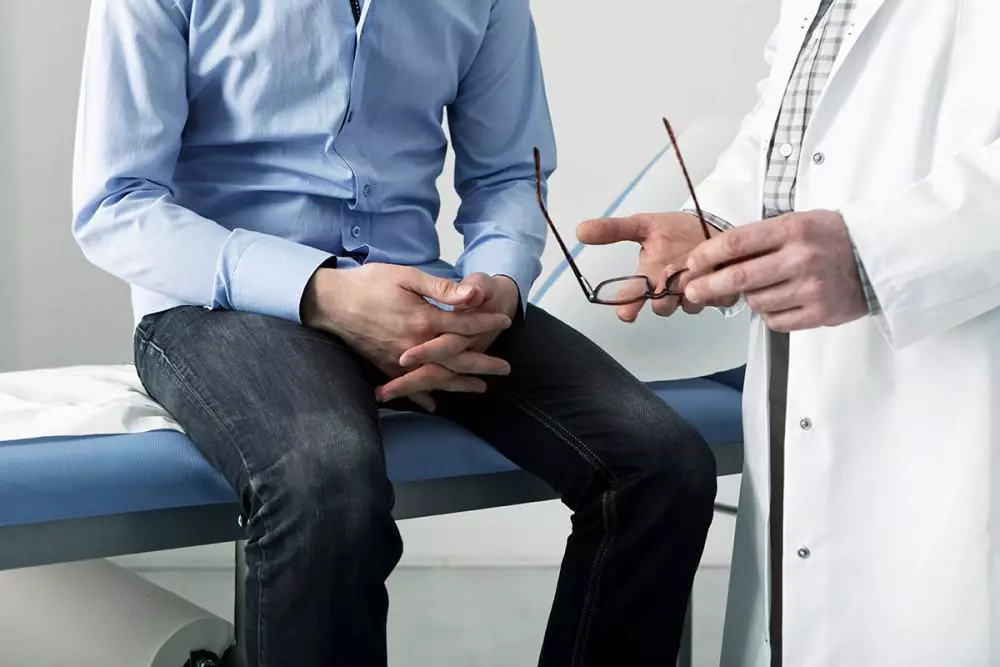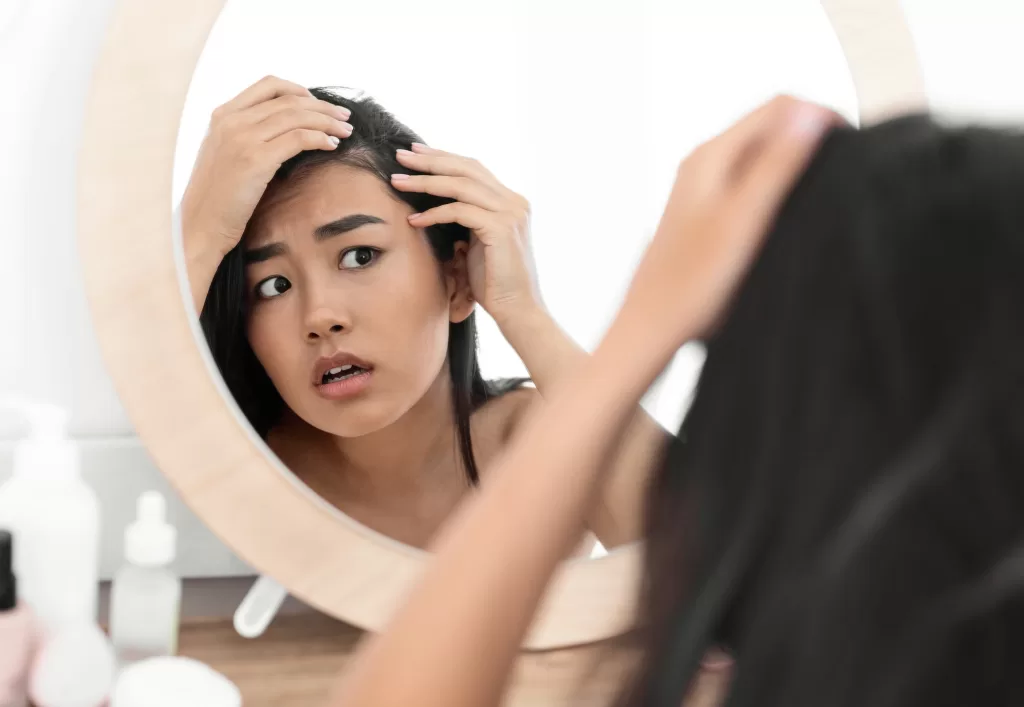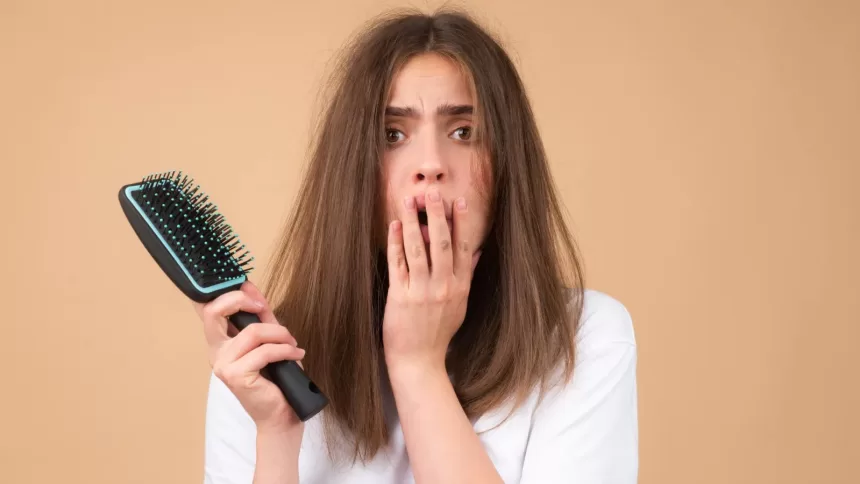Hair loss is a common issue that affects people of all ages and genders. Say Goodbye to Thinning Hair: 7 Common Causes of Hair Loss and Proven Solutions. Losing hair can be a frustrating and disheartening experience, especially if you don’t know what’s causing it. In this article, we’ll discuss the causes of hair loss and what you can do about it to prevent or treat it.
Say Goodbye to Thinning Hair: 7 Common Causes of Hair Loss and Proven Solutions
Genetics One of the most common causes of hair loss is genetics

Male pattern baldness and female pattern baldness are the most common genetic causes of hair loss. It is one of the cause of 7 Common Causes of Hair Loss. This type of hair loss is progressive and usually starts with a receding hairline or thinning at the crown of the head. If you have a family history of hair loss, you may be more likely to experience it yourself.
Read More: Say Goodbye to Headaches: Natural and Effective Strategies for Relieving Painful Symptoms
What you can do:
While there is no cure for genetic hair loss, there are treatments available to help slow down the process. Minoxidil and finasteride are both medications that can help prevent further hair loss and even promote regrowth in some cases.
Hormonal Changes

Hormonal changes can also cause hair loss, particularly in women. Hormonal imbalances can be caused by pregnancy, menopause, or thyroid problems. These hormonal changes can cause hair to become brittle and fall out.
What you can do:
Hormone therapy or medication to regulate thyroid function can help treat hair loss caused by hormonal changes. Additionally, taking supplements like biotin and zinc can help strengthen hair and promote healthy growth.
Nutritional Deficiencies

A lack of certain nutrients can also lead to hair loss. Nutritional deficiencies, such as iron, biotin, and zinc deficiencies, can weaken hair and cause it to fall out. Deficiency in it also leads to as one of reason for 7 Common Causes of Hair Loss.
Report: National Library of Medicine
What you can do:
Eating a well-balanced diet and taking supplements can help prevent hair loss caused by nutritional deficiencies. Foods that are high in biotin and zinc include nuts, seeds, and leafy greens, while red meat, poultry, and seafood are good sources of iron.
Stress Stress can also lead to hair loss

When you experience high levels of stress, your body releases hormones that can cause hair follicles to go into a resting phase, leading to hair loss.
What you can do:
Reducing stress through practices like yoga, meditation, and exercise can help prevent hair loss caused by stress. Additionally, practicing good sleep habits can help reduce stress and improve overall health.
Medications

Certain medications can cause hair loss as a side effect. Medications such as chemotherapy drugs, blood thinners, and antidepressants can all lead to hair loss.
What you can do:
If you are experiencing hair loss as a side effect of medication, talk to your doctor about alternative treatments or whether you can adjust the dosage to reduce hair loss. In some cases, hair loss caused by medications may be temporary, and hair may grow back once you stop taking the medication.
Hair Treatments

Chemical treatments, such as hair dyes and perms, can also cause hair loss. These treatments can damage the hair shaft, leading to breakage and hair loss.
What you can do:
To prevent hair loss caused by chemical treatments, limit the use of these products and opt for more natural alternatives. If you must use chemical treatments, be sure to use products that are designed to be gentle on your hair and scalp.
Traction Alopecia Traction

alopecia is caused by tight hairstyles that pull on the hair, such as braids, cornrows, and ponytails. This type of hair loss is most common in women and can be prevented by avoiding tight hairstyles.
What you can do:
Avoid tight hairstyles that pull on the hair and give your hair a break from styling to prevent traction alopecia.





